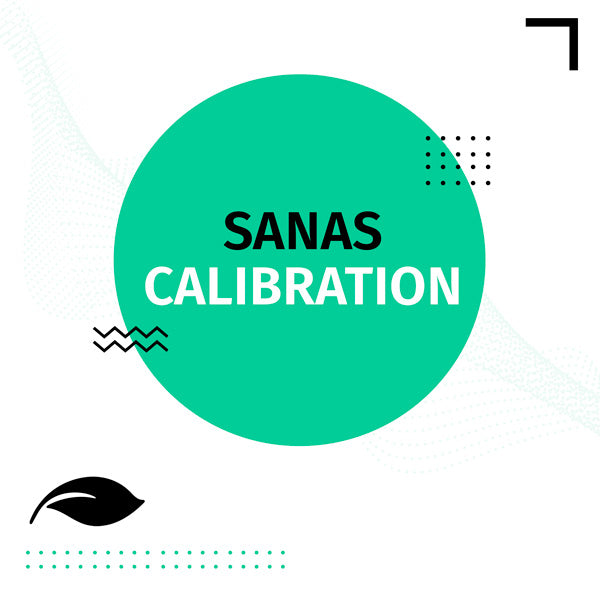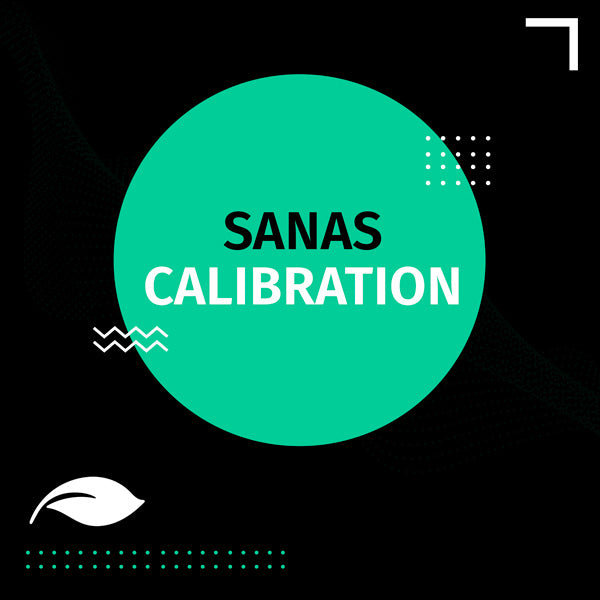WHAT IS CALIBRATION?
Calibration involves the comparison of the reading by the instrument being calibrated with that of a reference instrument (also called reference standard) in specific conditions. Other important aspects of calibration include documenting the deviation recorded between the measuring instrument being investigated and the reference standard, calculating the resulting measurement uncertainty and creating the calibration certificate recording this uncertainty.
Our calibration lab has state of the art reference equipment and technology to ensure we complete your calibration with a quick turnaround of five to ten business days and keep your instruments reading spot on.
We also store your previous calibration certificates on our server so if you happen to lose it feel free to call us and we can retrieve a copy for you. Our Calibration Experts consist of qualified Engineers who are specialized working on-site or off-site to both calibrate and adjust where possible your equipment using proprietary software available at our laboratory.
The Parameters We Calibrate
Temperature
We can conduct immersion, infrared and air temperature calibrations on data loggers with both internal and external sensors, immersion/penetration probes and infrared non-contact measuring instruments all the way to highly accurate Pt100 sensors. We have state of the art equipment that is capable of generating controlled temperatures from -30 to +200 °C. This is suitable for calibrating measuring equipment used at the negative temperature range for freezers, a mid-temperature range for fridges and ambient monitors all the way to high-temperature sensors in ovens and other devices.
Humidity
Our calibration experts use a specialized high-accuracy Humidity chamber to generate a spatially controlled Humidity between 5%rH and 95%rH and Temperatures between 10 °C and 40 °C to calibrate and test your equipment. Intensive testing is conducted as part of the calibration for up to 4 hours and adjustments can be made on your Humidity instrument in conjunction with our proprietary software.
ISO 17025 Accredited Calibration
A measurement report which has the details of the measurements that are made against a standard of ‘as found’ (before calibration is started) and ‘as left’ (once the calibration is completed) which can be accredited by an official ISO 17025 certificate allocated by our calibrators. For ISO 17025 Accredited Calibration Contact EUCA
gxp
Why is Calibration Important?
The accuracy of all measuring devices degrades over time. This is typically caused by normal wear and tear. However, changes in accuracy can also be caused by electric or mechanical shock or a hazardous manufacturing environment (oils, metal chips etc.). Depending on the type of the instrument and the environment in which it is being used, it may degrade very quickly or over a long period of time. The bottom line is that calibration improves the accuracy of the measuring device. Accurate measuring devices improve product quality.
Manufacturing & Pharmaceutical
In manufacturing process applications, any equipment used should be calibrated at multiple points across its working range to ensure reliable information to critical alarms and systems. In summary, calibration is vitally important wherever measurements are important, it enables users and businesses to have confidence in the results that they record and subsequently control ensure the highest quality of their goods according to the "good practice" (GxP) quality guidelines and regulations.
Food Safety
Within catering, or commercial kitchens, the implications of using a piece of equipment that has not been calibrated could be that critical food temperature is incorrectly measured; this could result in food safety issues or a breach of HACCP control. All of which result in damage to the reputation of a business. The possible cost to reputation, when compared to the cost of a simple 2 point annual calibration, means it’s often not worth the risk of ignoring calibration.




